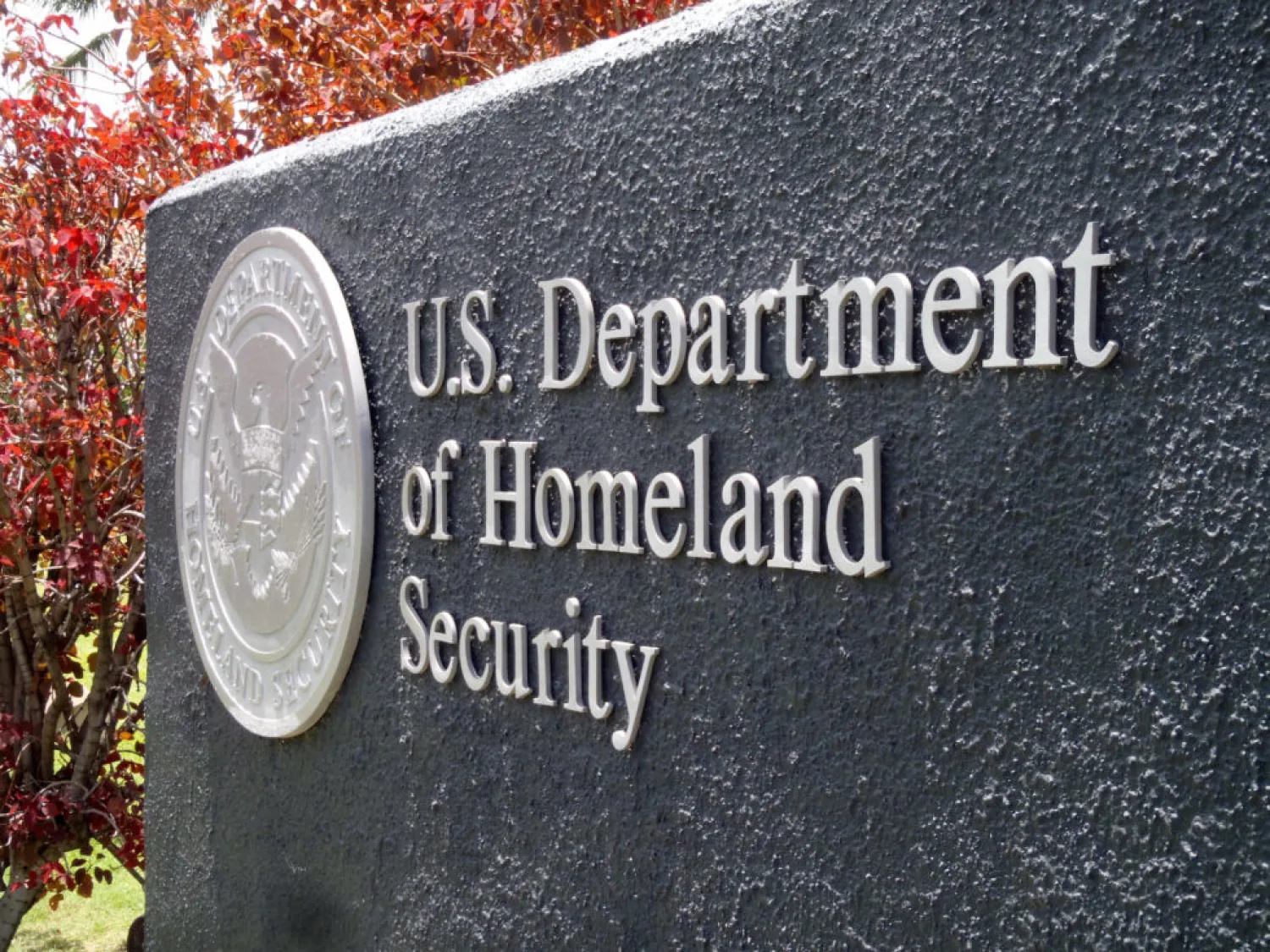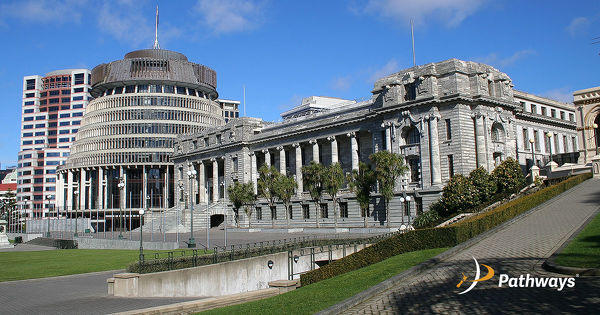DHS Proposes Wage-Based System for H-1B Visa Selection
The Department of Homeland Security (DHS) has recently proposed a significant change to the selection process for H-1B visas, which are critical for many foreign professionals seeking employment in the United States. This change aims to prioritize higher wages in the visa selection process, a move that could reshape the landscape of employment-based immigration in the country.
Understanding the H-1B Visa
The H-1B visa program allows U.S. employers to temporarily employ foreign workers in specialty occupations. These jobs typically require a bachelor’s degree or higher in a specific field. The H-1B program has long been a focal point in discussions about immigration reform, particularly regarding the balance between protecting American jobs and attracting skilled talent from abroad.
Key Features of the Proposed Wage-Based Selection Rule:
The Rationale Behind the Proposal
This proposed change comes amidst ongoing debates about the effectiveness of the current H-1B selection process. By implementing a wage-based system, DHS aims to address concerns that employers may be using the H-1B program to fill positions with lower wages, potentially displacing American workers.
The shift to a wage-based selection system can be seen as a response to the growing calls for immigration reform, emphasizing the need for skilled workers who contribute positively to the U.S. economy. This aligns with the goals of multiple immigration advocacy groups that seek to ensure that the H-1B program serves as a means to enhance American competitiveness by attracting top talent.
Implications for Employers and Employees
For employers, the proposed rule could encourage a shift in hiring practices. Companies may need to reassess their wage structures to remain competitive in the H-1B visa market. This could lead to increased wage offerings, particularly in sectors facing skill shortages.
For prospective H-1B applicants, this change could mean that those with advanced skills and higher educational qualifications will have a better chance of securing a visa. However, it may also create barriers for some applicants, particularly those whose potential employers may not have the budget to offer higher salaries.
Potential Challenges Include:
Broader Immigration Context
This proposal comes at a time when immigration policies are under intense scrutiny. The Biden administration has made several efforts to reform immigration laws, including the introduction of humanitarian parole programs and updates to the Deferred Action for Childhood Arrivals (DACA) program.
As immigration news continues to evolve, the implications of this wage-based selection rule could ripple through various sectors, particularly in areas with significant immigrant populations, such as San Bernardino and San Diego.
Public Response and Next Steps
The public response to the proposed wage-based selection rule has been mixed. Supporters argue that it is a much-needed reform to ensure that the H-1B program is used as intended – to attract high-skilled talent and bolster the U.S. economy. Critics, however, worry that it may further complicate the visa process and create inequities among applicants.
The DHS is expected to solicit feedback from various stakeholders, including employers, immigration advocates, and the general public, before finalizing the rule. This feedback will be crucial in shaping the final version of the policy.
In conclusion, the proposed wage-based system for H-1B visa selection represents a significant shift in immigration policy. As the landscape of immigration reform continues to evolve, it will be essential for both employers and prospective employees to stay informed about these changes.
With ongoing discussions around immigration issues, including updates on immigration services and humanitarian programs, it is clear that the future of the H-1B visa program and broader immigration policies will remain a topic of importance in the coming years.
As we look forward to the implications of these changes, staying connected with reliable immigration news sources will be crucial for understanding how these policies will affect the workforce and the economy at large.










